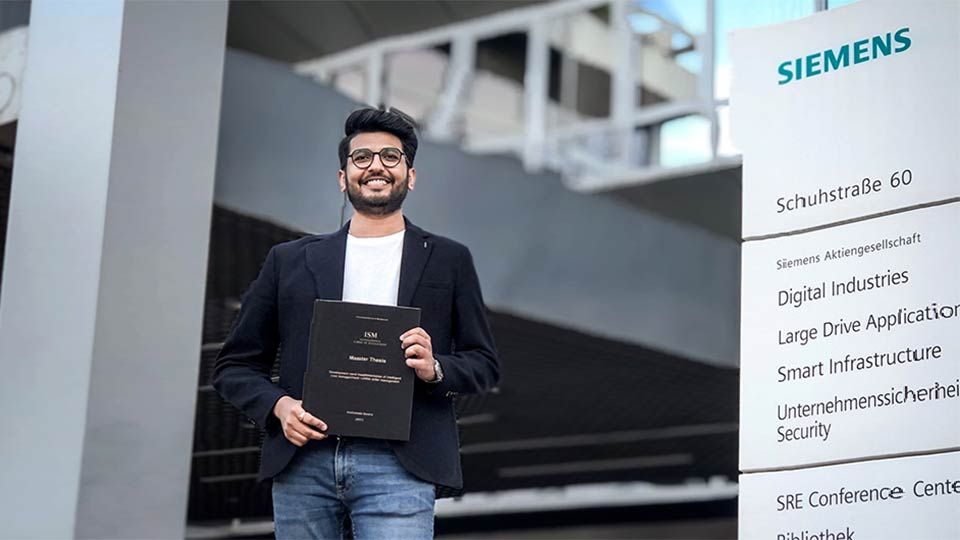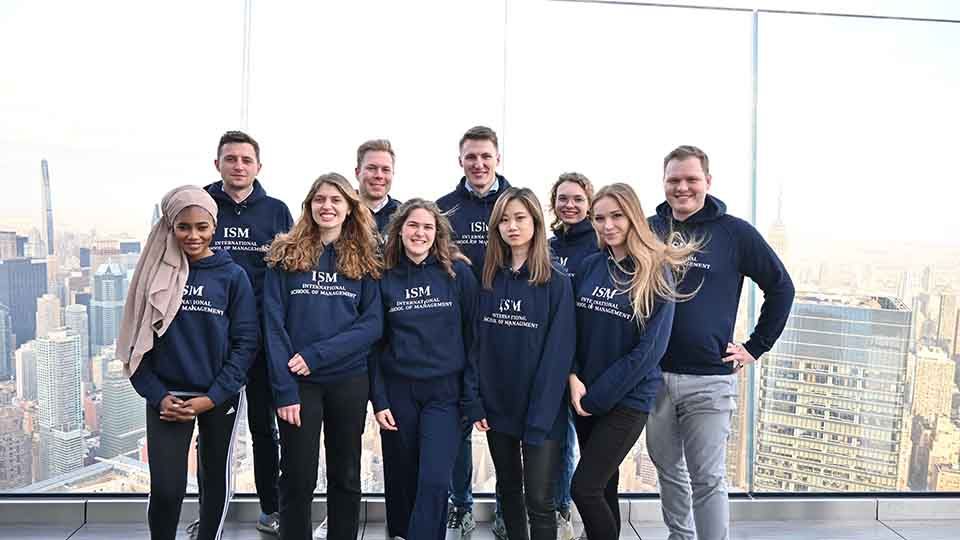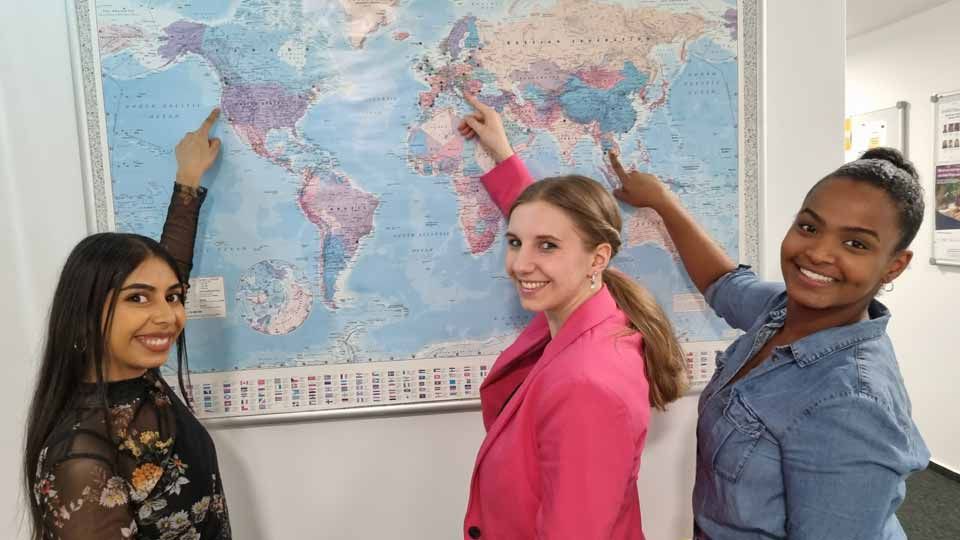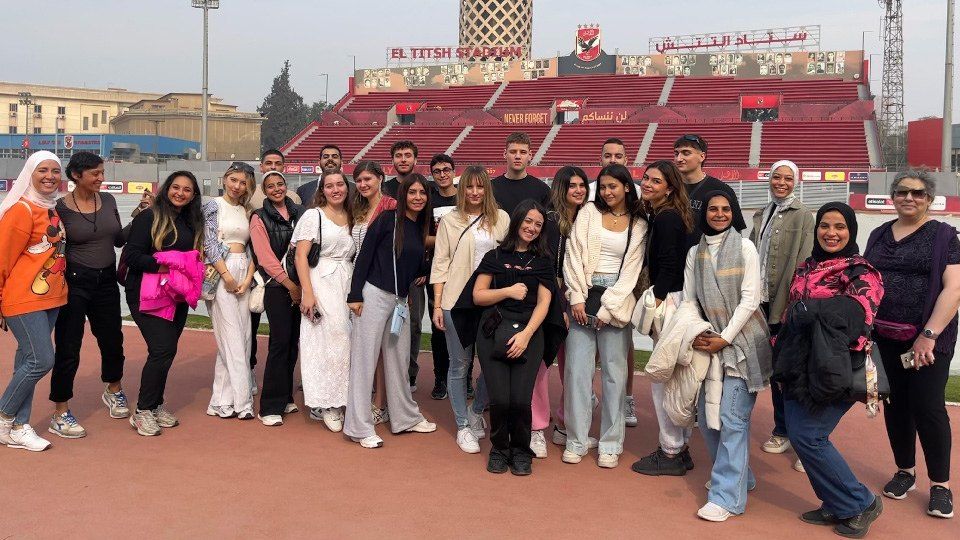
Students from the International School of Management (ISM, Germany), Helwan University (Egypt) and the American University of Beirut (Lebanon) have developed proposals on improving the integration of people with disabilities on Egyptian sports grounds during the inclusion workshop held at Helwan University. ISM student Annika Veh from our Munich campus describes her impressions and learnings from the intercultural inclusion camp in Cairo in this interview.
Annika, you are studying B.Sc. International Management at ISM's Munich campus. What attracted you to take part in the inclusion camp at Helwan University in Egypt?
I decided to take part in the camp (co-organized by ISM) because I had practiced competitive swimming myself in the past. I had the opportunity to train with disabled people once a week. Training together made me realize how important it is for people with disabilities to have the same opportunities as healthy people, such as being able to take part in competitions.
The international nature of this topic also appealed to me, as I enjoy getting to know new people from other cultures and sharing my experiences with them. The topic of inclusion in sport aroused my interest and I thought I could make a good contribution.

The inclusion camp was about how to integrate disabled people into sport and social life. What questions did you deal with?
Our task was to get together in groups of six students, two from each university. The individual groups were then asked to walk around the grounds of the Egyptian football club Al Ahly to see what limitations a person with a disability - who is blind, deaf or in a wheelchair, for example - has there and what needs to be improved to overcome these limitations. In a second question, the students from the three universities were asked to report on how inclusion is practiced at their respective universities.
The participants reported on barrier-free entrances, elevators and disabled-friendly toilets, but suggestions for improvement were also made for the individual universities. In addition, the group also discussed inclusion in the individual countries (Egypt, Lebanon and Germany). In particular, information was also provided about the support of the individual countries for disabled sports.
What were your personal highlights?
What were the three most important outcomes of the project for you?
- A community was created between the students from the three countries through working together and discovering Cairo.
- The suggestions for improvement for disabled athletes to train more effectively on the Al Ahly Club premises and for disabled visitors to be able to move around without barriers will be passed on to the club.
- The experience of the inclusion camp impressed all participants. We learned how important it is for people with disabilities not only to exist in society, but to be actively integrated into it, e.g. adapting games so that disabled people can play them.


What impressed you personally most about the workshop?
I was most impressed by the realization of how different life is for a disabled person in countries like Germany and Egypt. In Germany, disabled people can usually move around independently and don't need help with anything. They can travel from A to B on public transport. On their way to their destination, there are aids such as signals for the blind or ramps for wheelchair users. Sidewalks are often lowered at the ends to make it easier for wheelchair users to get onto the sidewalk.
In Egypt and Lebanon, there are no such aids at all, as these countries do not have the infrastructure or enough money to build aids for the disabled.
How do you rate this experience abroad as part of your studies?
I personally find such experiences very important as part of my studies in International Management. Because it is also crucial in professional life that you accept people with different cultural backgrounds and also recognize their ways of behaving.
I also realized that you need a good command of English. Through this camp, I was able to get to know Cairo in a special way among my peers, which was unique for me and I will remember many wonderful moments.
Sustainable sports tourism as an international dialog project
Prof. Dr. Alexander Hodeck teaches in the B.A. International Sports Management and M.A. Strategic Sports Management at ISM and heads the project "Sustainable Sports Tourism in Research and Teaching" with the support of Jacqueline Tuchel. The project is part of the DAAD cooperation program "University Dialogue with the Islamic World", which aims to exploit the potential of sustainable sports tourism in Egypt and Germany. The project's events include the annual "Sustainable Sports Tourism in Egypt" conference and workshops with international students at Helwan University and ISM Berlin. The inclusion workshop is part of the DAAD-funded "Ta'ziz Partnership" program. This DAAD program promotes university projects that support reform efforts at universities in the partner countries of the MENA region in North Africa/Middle East.

This might interest you
Get started now and request more information
Do you have any questions about studying? Please contact us!
Send us your questions from Monday to Friday. We'll reply from 10 am to 3 pm (CET German time) on weekdays. Looking forward to chat! Alternatively, you can use our ChatBot or send us an email at
Our student advisors are happy to answer all your questions about the ISM and our programs as well as financing options in a personal online appointment.
Alternatively, you can simply come by your favorite campus on Wednesdays from 2:00 to 4:00 p.m. - no prior registration needed.
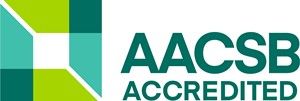
The first AACSB-accredited private German university of applied sciences





